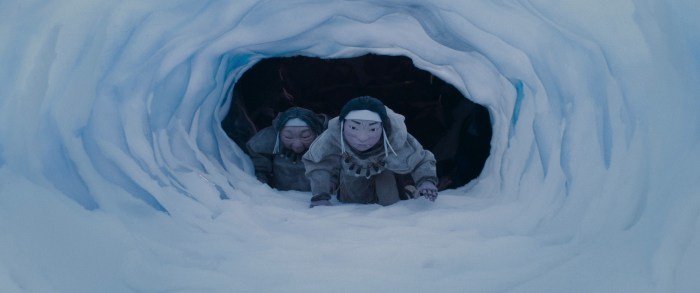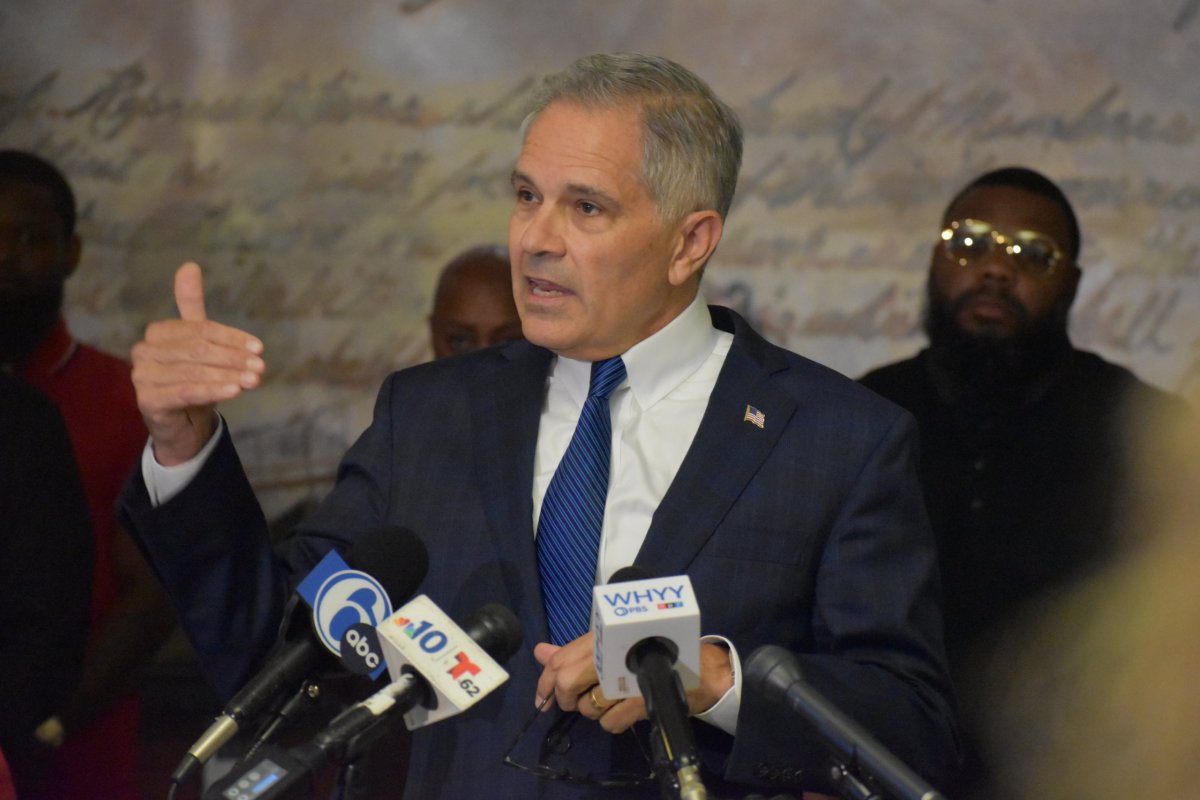While college is a time of self-discovery and individuality, there are certain courses every student can benefit from. General education requirements “give you breadth of knowledge, whereas a major gives you depth of knowledge,” says Dr. Richard J. Gatteau,associate provost for academic success at Stony Brook University.
Related:6 crazy college classes
Writing
To lay the foundation for the next four years, you’ll need to know how to write – “even if you’re an engineering major,” says Dr. Paul Marchese, provost and vice president for academic affairs at Queensborough Community College. You may not be drafting essays on Chaucer after graduation, but you’ll surely be writing – even if it’s just emails – once you hit the real world.
Related:Texting in class takes over college classrooms
Foreign language
“The world is getting smaller,” says Gatteau. You’ll need to know at least a hint of another language to keep up in our ever-connected world. And in addition to the practical skillset you’ll develop, a foreign language “gets you outside of your psychological comfort zone” and expands your worldview, adds Marchese.
Math
Groan all you want, but math opens up your mind. “The reason why you take math is not so much because of the content itself but just to teach you a different way of thinking,” Marchese says.
Science
No matter the branch, learning the scientific method teaches “that there are certain laws that govern the universe, and there’s a process we can follow to find out what those laws are,” Marchese says. Plus, you’ll develop teamwork and problem-solving skills, which will benefit you in your career, Gatteau adds.
Social sciences
An economics, anthropology, sociology or similar course will educate you on how societies – ours and others – work, says Marchese.
Electives
Considering that up until college you’ve been handed your curriculum, it can be daunting to choose it on your own, Gatteau says. But if you have a hole in your schedule, look for what excites you, he recommends. “It might be a drawing class, an acting class,” Gatteau says. “You never know what you might discover.” Marchese seconds the acting class idea as a fun way to learn communication and public speaking strategies.



























